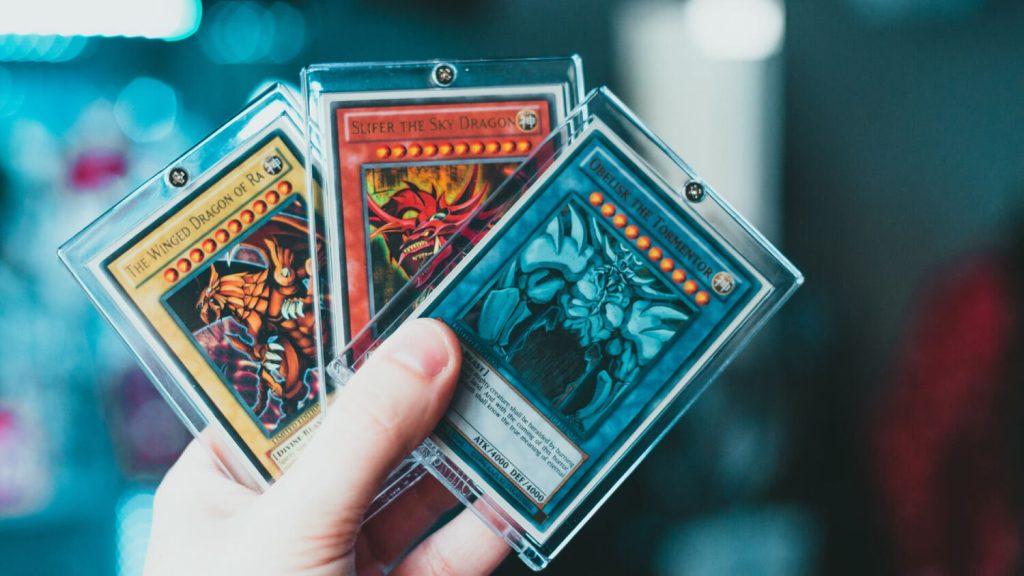Trading card games TCGs have emerged as a unique and vibrant social platform for youth, facilitating connections and fostering friendships through shared interests and collaborative play. The phenomenon of TCGs, such as Pokémon, Magic: The Gathering, and transcends mere gameplay; it creates a community where young people can engage, strategize, and express themselves. In an era where digital interactions often overshadow face-to-face connections, TCGs offer a refreshing alternative, encouraging social skills that are essential for personal development. Players not only learn the mechanics of the games but also the art of negotiation, teamwork, and respect for opponents. The act of trading cards, whether to complete a collection or improve a deck, instills a sense of value in collaboration and exchange. This dynamic promotes not only strategic thinking but also emotional intelligence, as players navigate the complexities of building relationships and understanding different perspectives. Moreover, local game stores often serve as hubs for TCG enthusiasts, providing a safe space for youth to gather. Regular tournaments and casual meetups help cultivate a sense of belonging and community.

These gatherings often break down social barriers, allowing individuals from diverse backgrounds to come together. Many players report that these interactions have significantly improved their social skills and confidence, particularly for those who may struggle in traditional social settings. Through TCGs, young players can develop lasting friendships that extend beyond the game. These relationships often serve as support networks, where players encourage each other’s growth, whether through sharing strategies, helping one another improve their decks, or simply enjoying the camaraderie that comes from shared victories and defeats. The social impact of TCGs extends into various developmental domains, including cognitive, emotional, and social development. Strategically, players must think critically and make decisions based on a variety of factors, fostering analytical skills that are transferable to real-world scenarios. Emotionally, learning to handle wins and losses teaches resilience and sportsmanship. Youth learn to manage disappointment gracefully, an invaluable skill that prepares them for life’s challenges. Socially, the collaborative nature of pokemon card shop san antonio game encourages teamwork and communication.
Players must articulate their thoughts, listen to others, and work together to achieve a common goal, whether that is winning a game or completing a trade. In addition to these interpersonal benefits, TCGs often promote creativity and self-expression. Players can customize their decks to reflect their personal tastes, interests, and strategies, showcasing their individuality. This creative outlet is crucial for youth as they navigate their identities, providing a platform for them to express their ideas and personalities in a supportive environment. In conclusion, trading card games serve as more than just a recreational pastime; they play a pivotal role in the social development of youth. By fostering friendships, encouraging teamwork, and promoting critical thinking, TCGs create an inclusive community where young people can thrive both socially and emotionally. As players build decks, they also build connections, demonstrating the profound impact that such games can have on personal development and interpersonal relationships. In a world where social skills are paramount, the importance of TCGs as a social platform for youth cannot be overstated.
